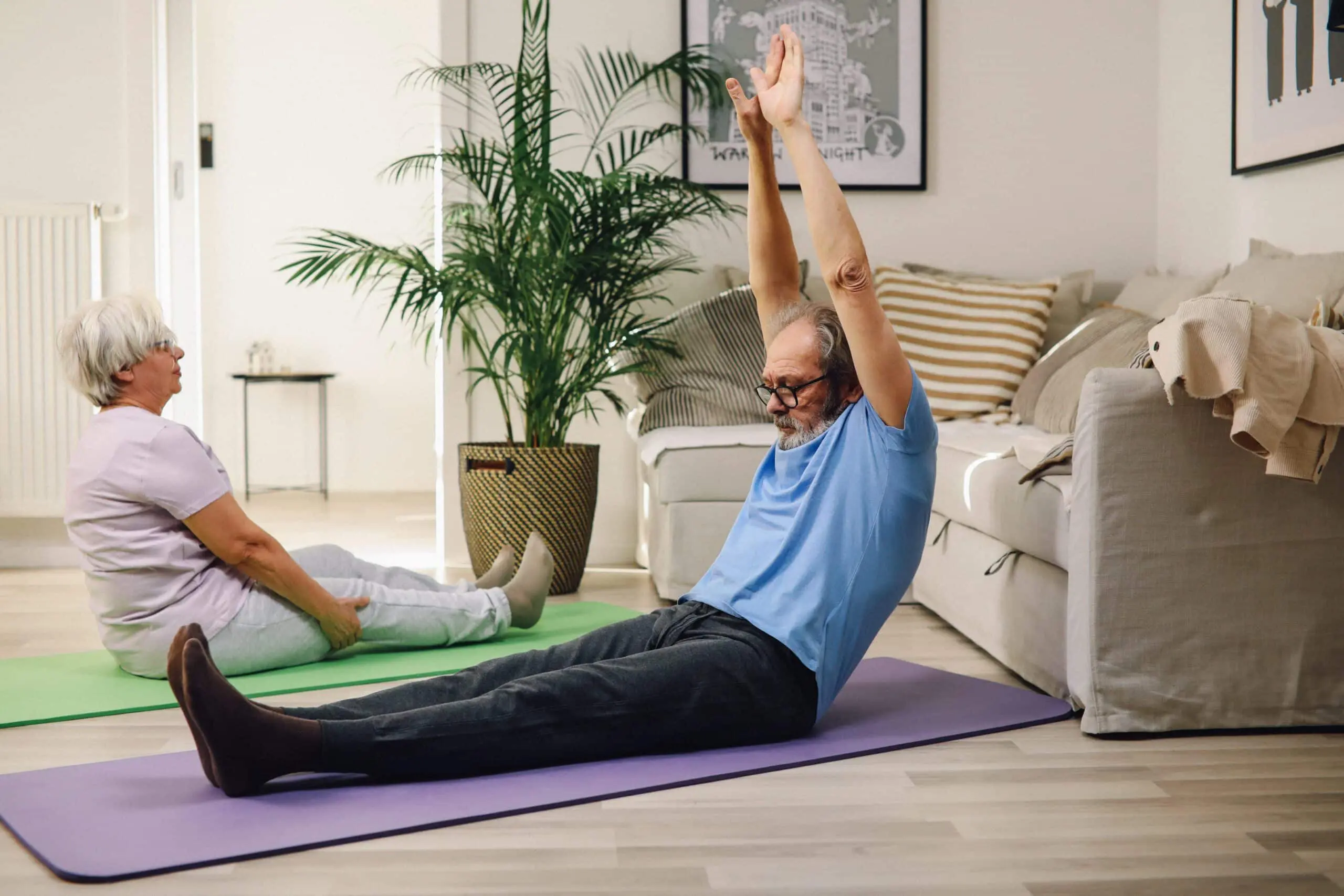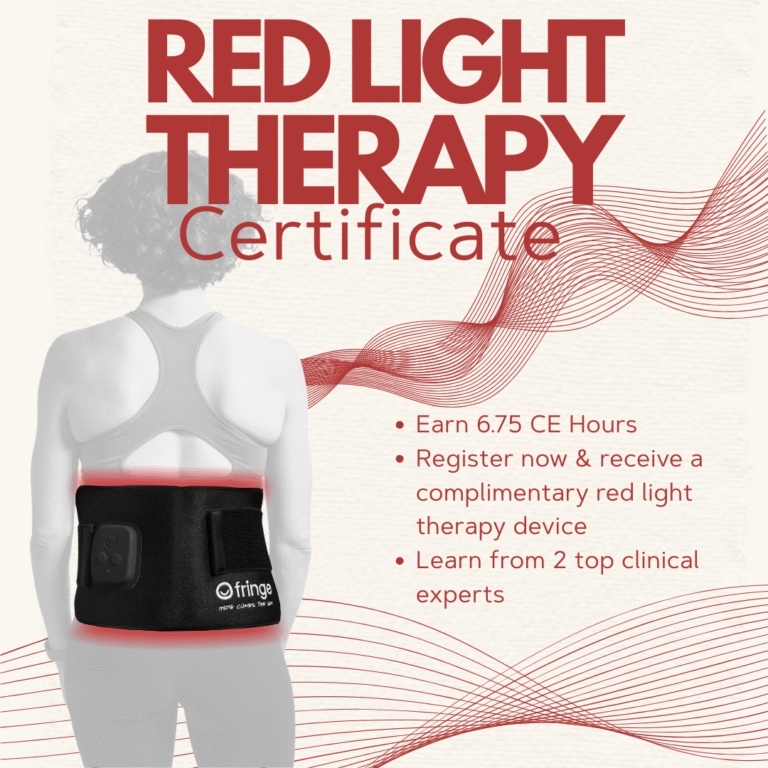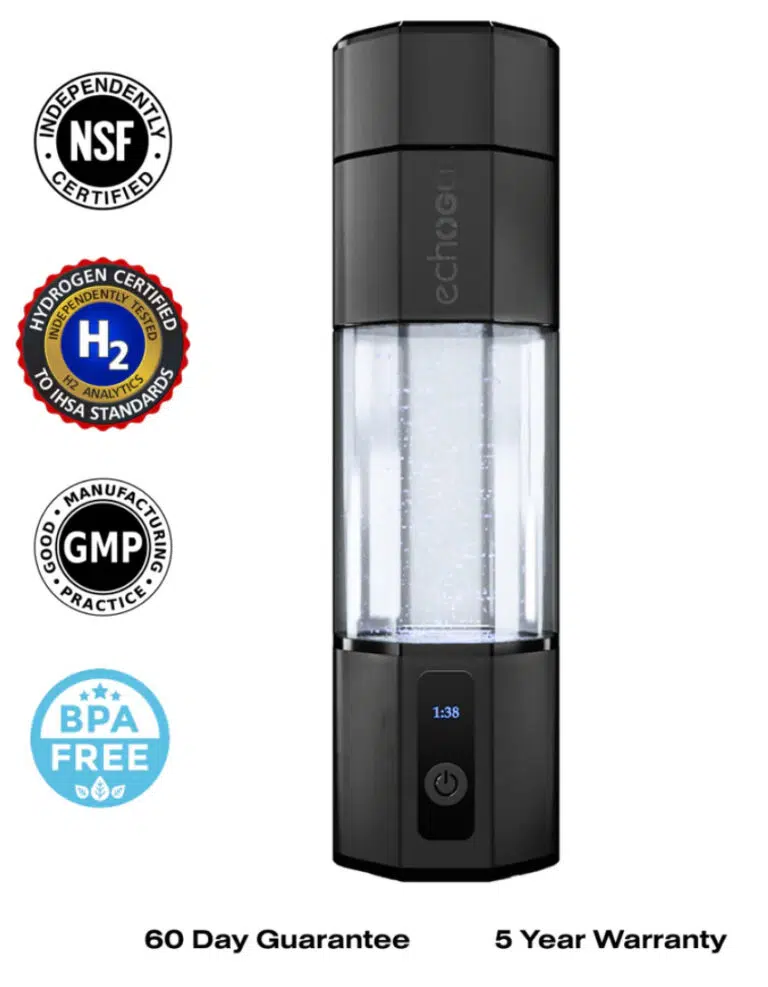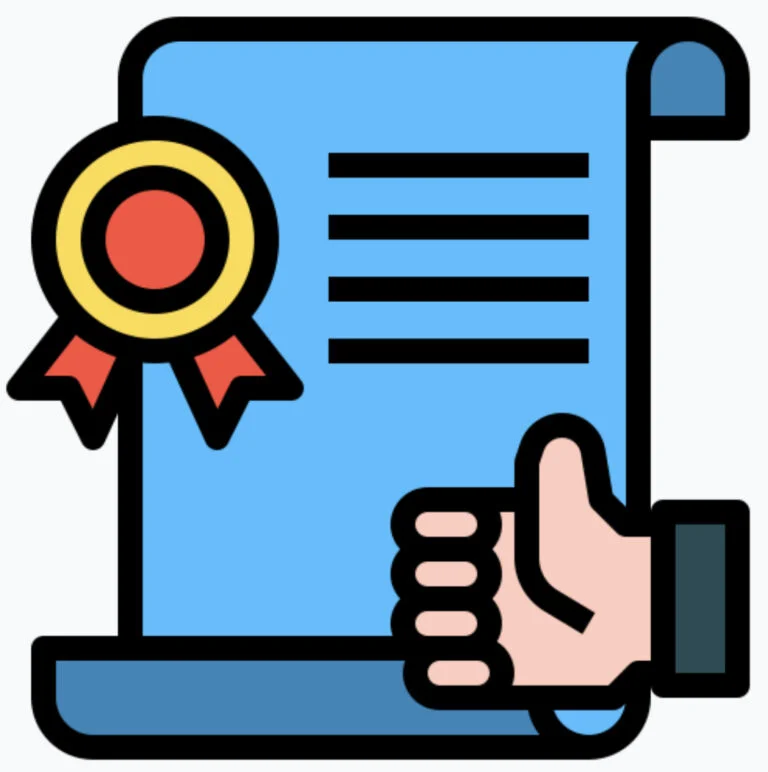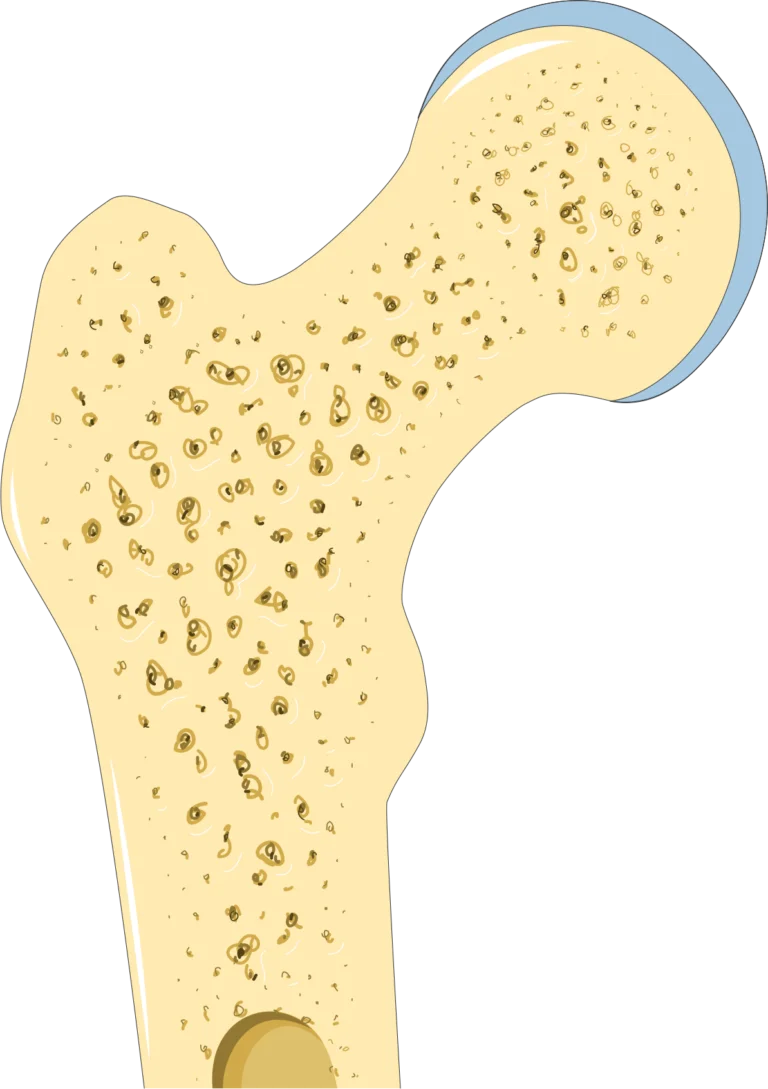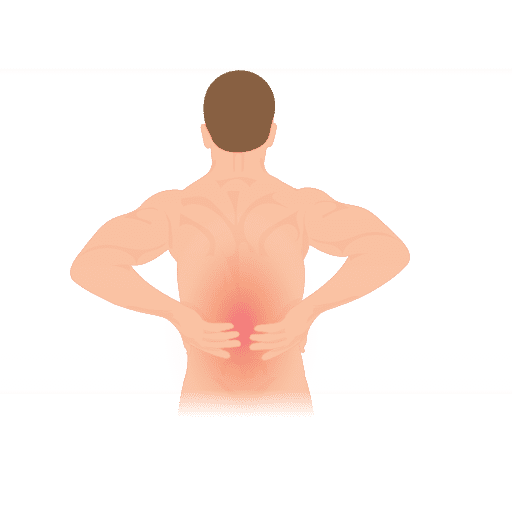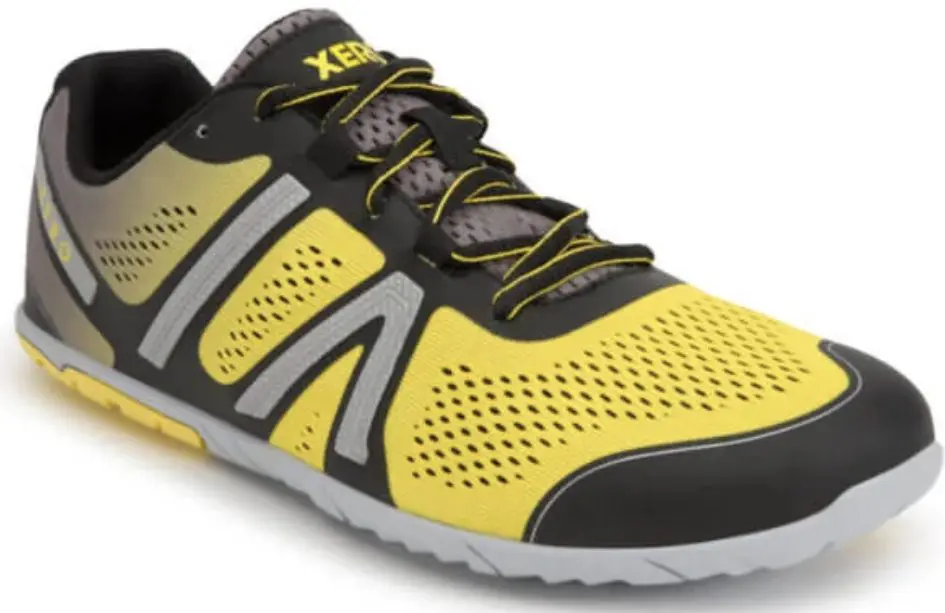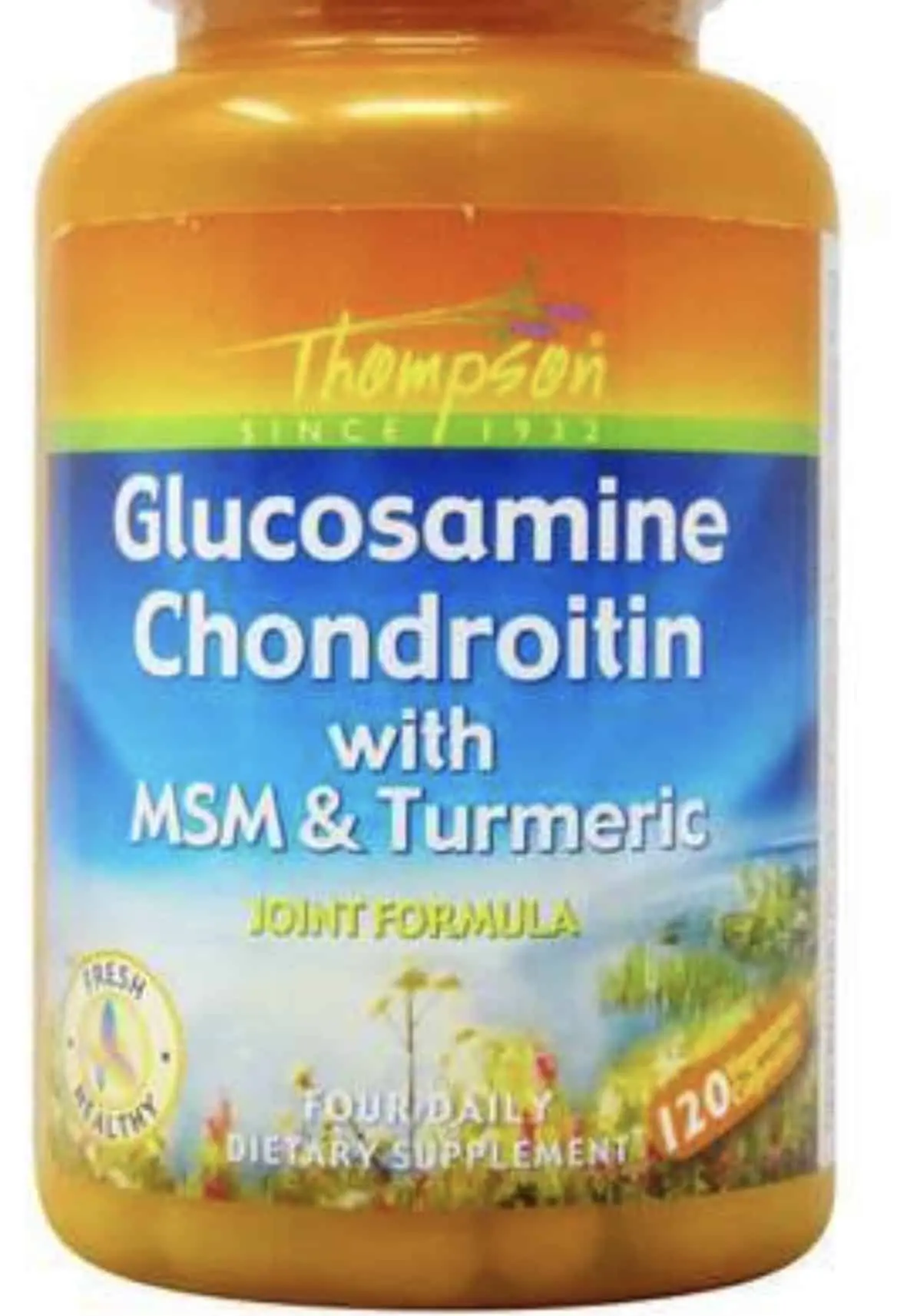Pilates for seniors is becoming increasingly popular worldwide. Read our article to find out why, and how you can practice safely.
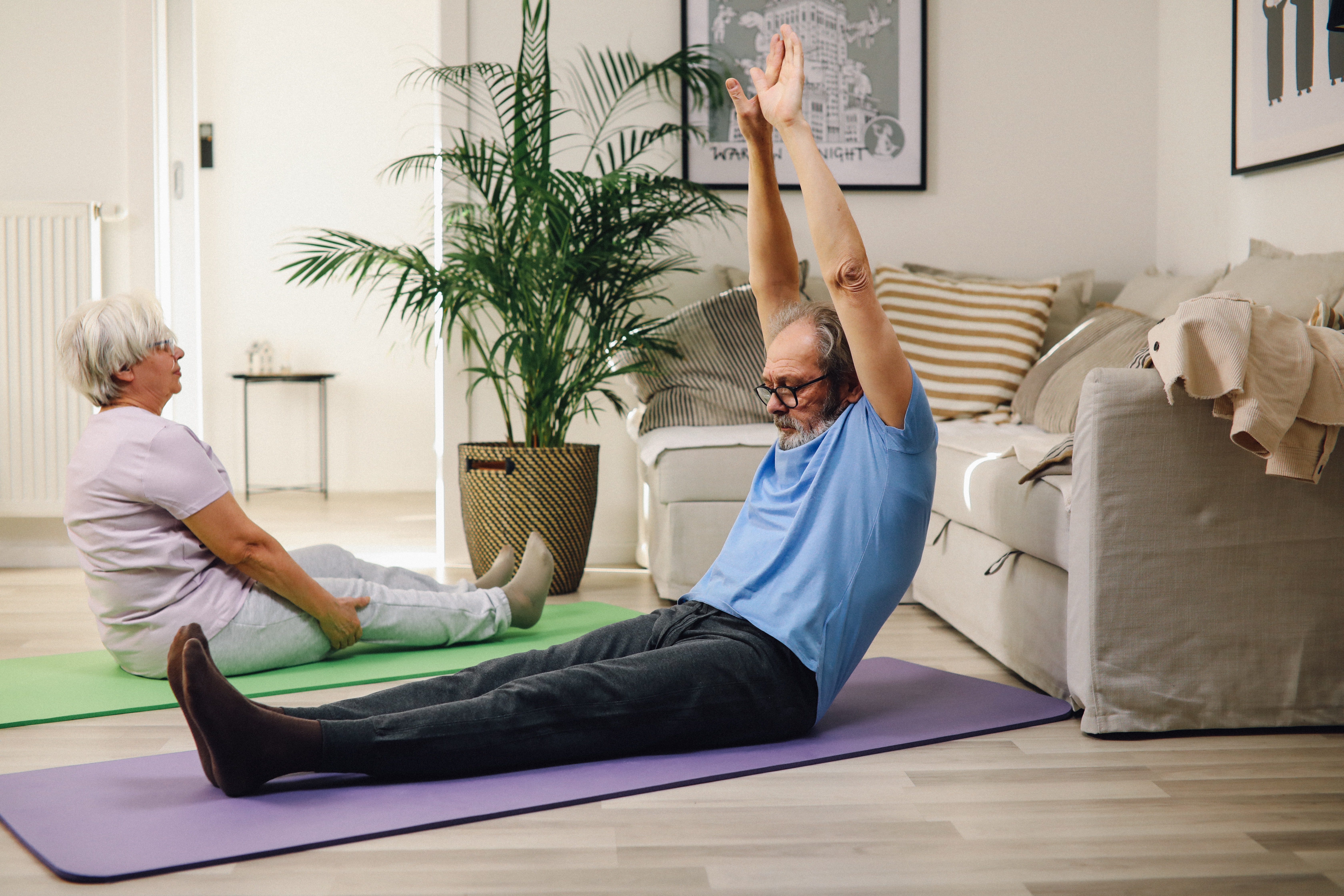
As people age, they often become less active. This can lead to a decline in overall health and an increased risk of chronic diseases such as heart disease, arthritis, and diabetes. However, regular exercise can help prevent these conditions and can have several other benefits for older adults.
The benefits of exercise as you age
Think of the various activities that require different strength, mobility, and flexibility during your day, from driving to walking your dog or going to the restroom. Exercise can help you to keep doing what you enjoy and maintain independence and mobility. It can help you feel better and comfortable with your body for many more years.
Exercise can also help to improve mental health, build social connections, and decrease the risk of injuries. In short, exercising in your later years has significant benefits that should be a priority.
Healthy feet…great price!
- Fast shipping for $3-5
- Great variety
- Long-lasting quality
- Add lace-locks for quick changes
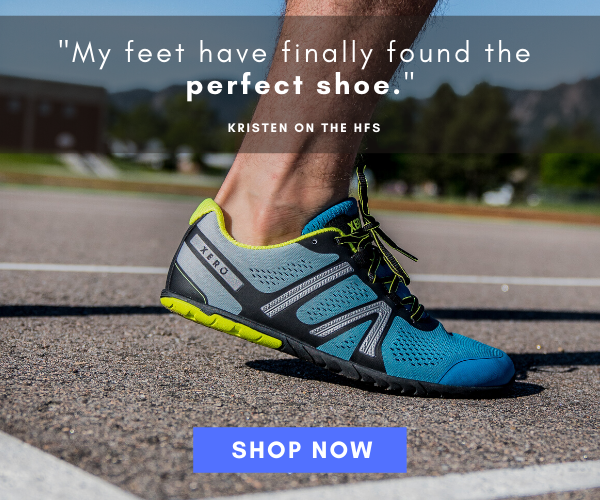
Try minimalist shoes from XeroShoes.com!
Why choose Pilates?
Pilates is a popular exercise regime known for being adaptable to different fitness levels, abilities, and injuries. This makes it ideal for the elderly, who sometimes have various health issues to contend with.
Additionally, Pilates can help improve balance, which is often a problem in old age. It can also help with hip and back pain and supports the pelvic floor. Furthermore, Pilates increases coordination and ability to perform tasks and boosts well-being and mental health, making it an excellent exercise choice for the elderly.
Considerations for exercise in older age groups
Pilates is a great way to get in shape, but there are a few things you should keep in mind when starting. First, it’s essential to participate in an induction program to learn how to use the equipment safely and effectively.
A few one-to-one sessions with a qualified instructor can also help you learn any modifications you might need to make due to injuries. After that, you may decide to join group classes, and you will be able to follow lessons confidently. Group classes are also an excellent way to make new friends.
Remember that everyone will come to class with different experiences; some may have been doing Pilates or other forms of exercise for a while already. So please don’t compare yourself to others. It’s not a competition! Everyone is at different fitness levels, so focus on your own progress and enjoy the journey.
If you have questions about what to expect for your first class, read A Guide to Your First Pilates Class.
Bone health, exercise, and Pilates
We cannot discuss exercise in the elderly without mentioning bone health. This is often an issue in later years, so priority should be given to getting enough calcium and vitamin D and practising weight-bearing exercise.
Weight-bearing exercise is key to slowing down bone deterioration, building strength, and improving balance and coordination to decrease the risk of falls and fracture risk. But not all exercises are suitable for everyone.
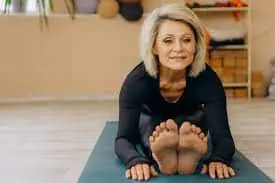
For example, if you have osteoporosis or are at risk of developing it, there are some exercises you should avoid. High-impact activities like running or jumping can put too much stress on your bones and speed up bone loss.
It’s also best to avoid activities that require you to twist or bend too far forward from the waist since these movements can increase the risk of spinal fractures. Pilates is an excellent option for people with osteoporosis because it’s a low-impact form of exercise that still provides many benefits for bone health. Plus, you’ll learn good movement habits that will help protect your bones from injury.
The bottom line
Our bodies will go through a lot of changes as we get along in age. We may experience pain in our joints, stiffness in our muscles, and a general loss of independence. These are all common effects of aging, but that doesn’t mean we have to just accept them.
Fortunately, there are things we can do to combat these age-related changes and stay fit as we get older.
Pilates is a great low-impact exercise option for older adults who want to maintain their fitness and improve their movement confidence. It is backed by the medical community and has shown efficacy in reducing pain, improving flexibility, and increasing strength.
Sources
Engers, P. B., Rombaldi, A. J., Portella, E. G., & Silva, M. C. D. (2016). The effects of the Pilates method in the elderly: a systematic review. Revista brasileira de reumatologia, 56, 352-365. Link
Bullo, V., Bergamin, M., Gobbo, S., Sieverdes, J. C., Zaccaria, M., Neunhaeuserer, D., & Ermolao, A. (2015). The effects of Pilates exercise training on physical fitness and wellbeing in the elderly: a systematic review for future exercise prescription. Preventive medicine, 75, 1-11. Link
Hyun, Ju, Kak Hwangbo, and Chae-Woo Lee. “The Effects of Pilates Mat Exercise on the Balance Ability of Elderly Females.” Journal of Physical Therapy Science 26, no. 2 (2014): 291–93. [PDF]
Siqueira Rodrigues, Brena Guedes de, Samaria Ali Cader, Natáli Valim Oliver Bento Torres, Ediléa Monteiro de Oliveira, and Estélio Henrique Martin Dantas. “Pilates Method in Personal Autonomy, Static Balance and Quality of Life of Elderly Females.” Journal of Bodywork and Movement Therapies 14, no. 2 (2010): 195–202.
